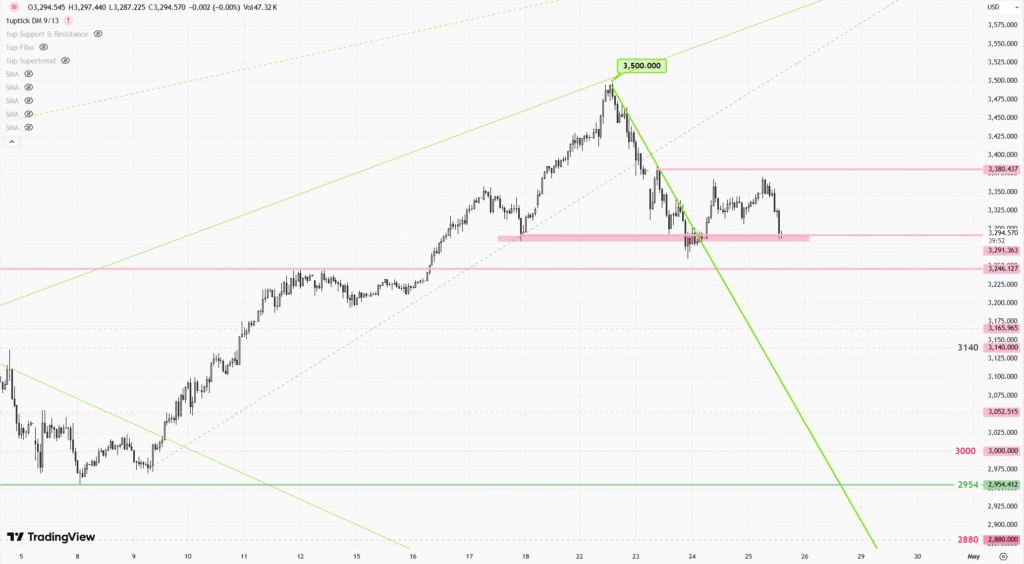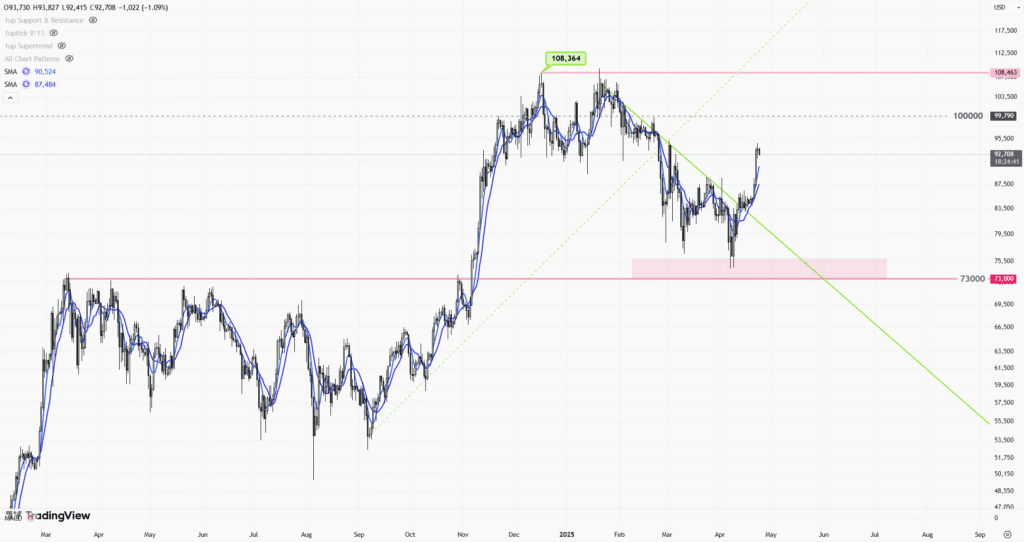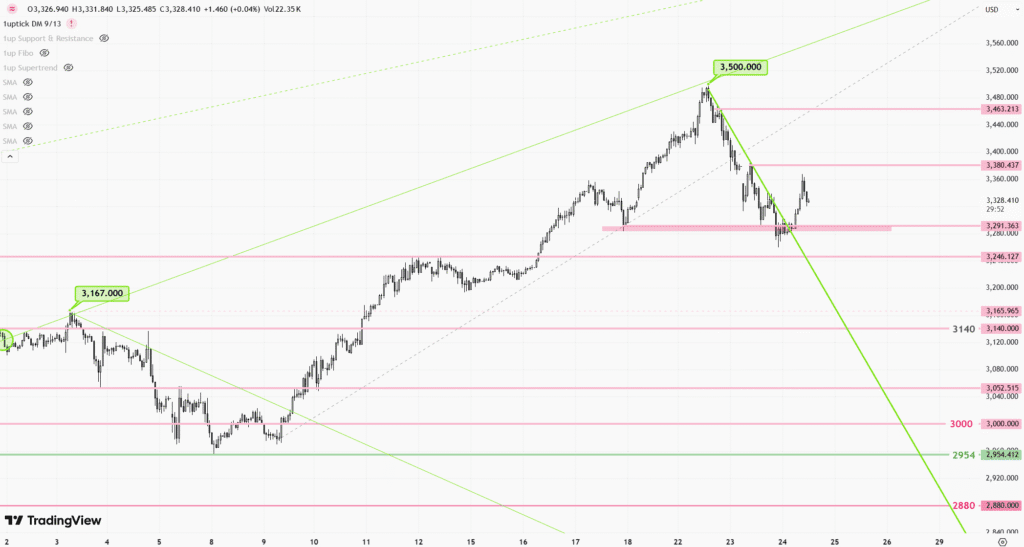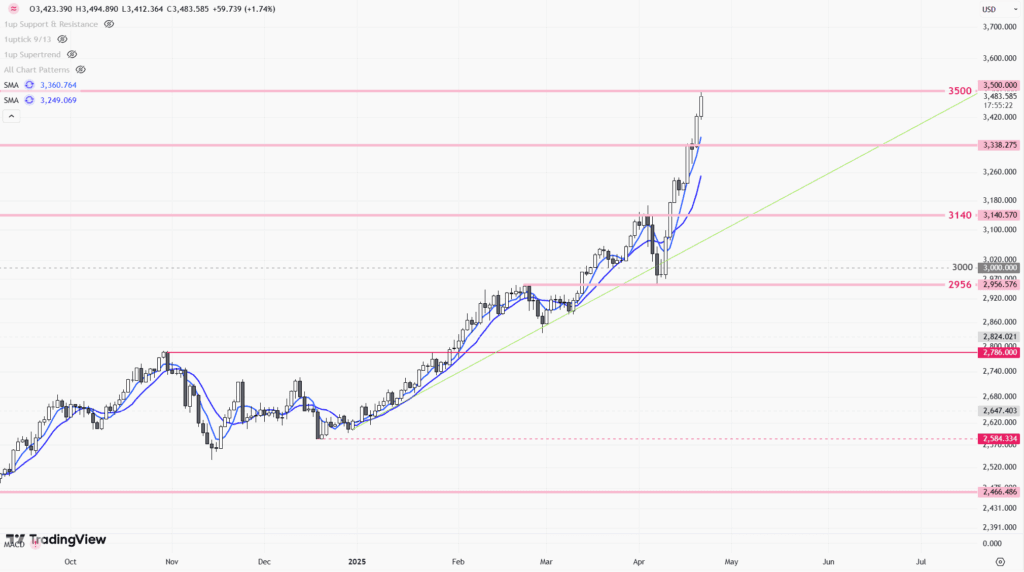 |
| Gold V.1.3.1 signal Telegram Channel (English) |

Trump Administration Launches Federal Review to Challenge State Laws Restricting Interstate Commerce and Consumer Choice
2025-08-21 @ 01:00
The Trump administration has initiated a comprehensive review targeting state laws that, in its view, unnecessarily restrict interstate commerce and negatively impact the broader U.S. economy. This growing federal scrutiny is part of a larger strategy designed to identify, challenge, and potentially override state regulations seen as barriers to national economic growth. As a financial blogger, it’s important to unpack what this means for markets, policy debates, and everyday consumers.
At the heart of this effort is the notion that certain state laws—however well-intentioned—can ripple far beyond their borders, causing unintended economic consequences nationwide. For example, consider recent litigation involving California’s regulations on egg and poultry production. State-imposed requirements aimed at animal welfare have led to increased production costs for out-of-state farmers who want to sell their products in California. The Justice Department argues that this not only affects producers across the country but raises prices for consumers everywhere. The administration sees such laws as placing an undue burden on interstate commerce, impinging on market efficiency, and distorting prices for goods that Americans rely on.
Against this backdrop, the Justice Department and the National Economic Council are inviting public input to identify additional state laws and regulations that may act as economic roadblocks. Areas of particular concern include:
- State mandates that create unnecessary costs for businesses operating across state lines.
- Regulations that restrict consumer access to common goods and appliances.
- Rules that may already be preempted by federal authority, but which have not yet faced legal challenge.
The administration’s stance is that, where state actions interfere with the free flow of goods and services, federal intervention may be necessary. This could mean increased litigation, regulatory preemption (where federal law overrides state law), or targeted legislative changes to invalidate or harmonize conflicting regulations.
A particularly controversial front in this policy campaign is energy and consumer choice. The administration has moved to roll back mandates related to electric vehicles (EVs), arguing that such regulations limit consumer freedom and artificially inflate the cost of traditional vehicles. In their view, government-imposed preferences for EVs distort the market and reduce affordability, especially when states issue emissions waivers or offer significant subsidies for certain technologies.
The broader goal is to ensure that Americans have unfettered access to a range of consumer products—from cars to household appliances—without being forced into specific choices because of local policies. Through this lens, the administration wants to restore competitive markets by eliminating what it describes as “ill-conceived government-imposed market distortions.” The push includes repealing rules that restrict sales of gasoline-powered vehicles and ending or reconsidering subsidies that favor one technology over others.
From a regulatory perspective, the administration’s deregulatory ambitions extend beyond energy and vehicles. There’s an ongoing effort to slash outdated labor regulations, streamline environmental review processes, and reevaluate rules that, according to officials, hinder business productivity and innovation. Recent executive actions have focused on narrowing the scope of federal environmental regulations, increasing flexibility for companies, and promoting “true consumer choice” across a spectrum of markets.
What does all this mean for investors, business owners, and consumers?
- Businesses operating in multiple states may see reduced compliance costs and more streamlined operations if federal preemption increases.
- Investors should watch for policy-driven price shifts in industries subject to significant state regulation, such as agriculture, energy, and manufacturing.
- Consumers could see expanded access to a wider range of products, though the long-term impact on environmental quality and consumer safety remains a contentious issue.
- State governments may face legal challenges and be forced to reevaluate existing laws that are found to impede interstate commerce or contradict federal priorities.
Ultimately, this policy dynamic reflects a persistent tension in American governance: balancing states’ rights and regulatory autonomy against the economic efficiencies promised by a nationally harmonized market. The debate is especially pronounced in sectors driven by innovation, consumer choice, and cross-border trade.
As this federal review unfolds, expect robust public comment, legal battles, and shifting ground in sectors where state and federal interests collide. For financial professionals and informed investors, keeping a close watch on regulatory developments—and understanding their broader economic implications—will be essential to navigating the policy landscape ahead.





